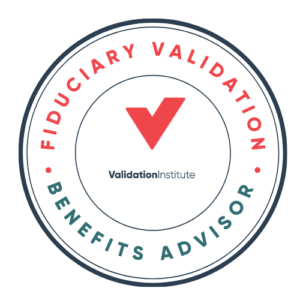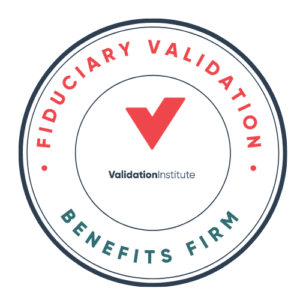Most businesses rely on benefits firms to help them maximize the return on their benefits investments and fulfill their fiduciary responsibilities under federal law.
However, traditional benefits firms accepting (usually undisclosed) compensation from PBMs, vendors and carriers undermines their ability to give employers unbiased advice on how to best finance and procure healthcare.
This conflict of interest means that employers are out of compliance with ERISA guidelines, which prohibit employers from using benefits firms that get paid on both sides of a transaction for consulting and procurement services.
To solve this problem, a number of “fee-based” benefits firms have emerged in the market.
Since fee-based firms do not accept compensation from vendors associated with health plans (see requirements below), they can give employers more objective recommendations and, hence, improve the employer’s legal standing under ERISA law.
To help employers identify benefits firms that are truly “fee-based,” the Validation Institute is now offering a new validation for benefits firms that adhere to fiduciary standards. The new validation not only helps employers find benefits firms that are financially motivated to support their objectives: the Validation Institute’s vaunted $100,000 Credibility Guarantee also backs fiduciary validated benefits firms.
If your benefits firm would like to differentiate itself in the marketplace by gaining this unique validation, please see the submission guidelines, requirements, and payment terms below.
Requirements:
Requirements:
To apply, please submit a signed contract that your firm uses with an existing client, along with proof of your current appointments with major carriers. If any appointments have been terminated by carriers, please include a letter explaining the reasons for termination.
Please submit all documentation to Bernie.Weiss@validationinstitute.com
| Firm | Lead Individual(s) |
| BenefitsDNA | Justin Leader |
| E Powered Benefits | David Contorno/Emma Fox |
| Health Compass Consulting | Donovan Pyle |
| Prosperity Benefits | Niko Caparisos |
| Risk Strategies | David Smith |



The move toward high-performance and high-value healthcare

In-depth analysis of the latest trends and solutions that improve heath outcomes, strengthen accountability, and cut costs

Actionable insights on how to drive better health outcomes at a far lower cost for your organization.

Profiles in innovative solutions and organizations that are “walking the walk” when it comes to delivering better savings, outcomes, and more

The move toward high-performance and high-value healthcare

In-depth analysis of the latest trends and solutions that improve heath outcomes, strengthen accountability, and cut costs

Actionable insights on how to drive better health outcomes at a far lower cost for your organization.

Profiles in innovative solutions and organizations that are “walking the walk” when it comes to delivering better savings, outcomes, and more